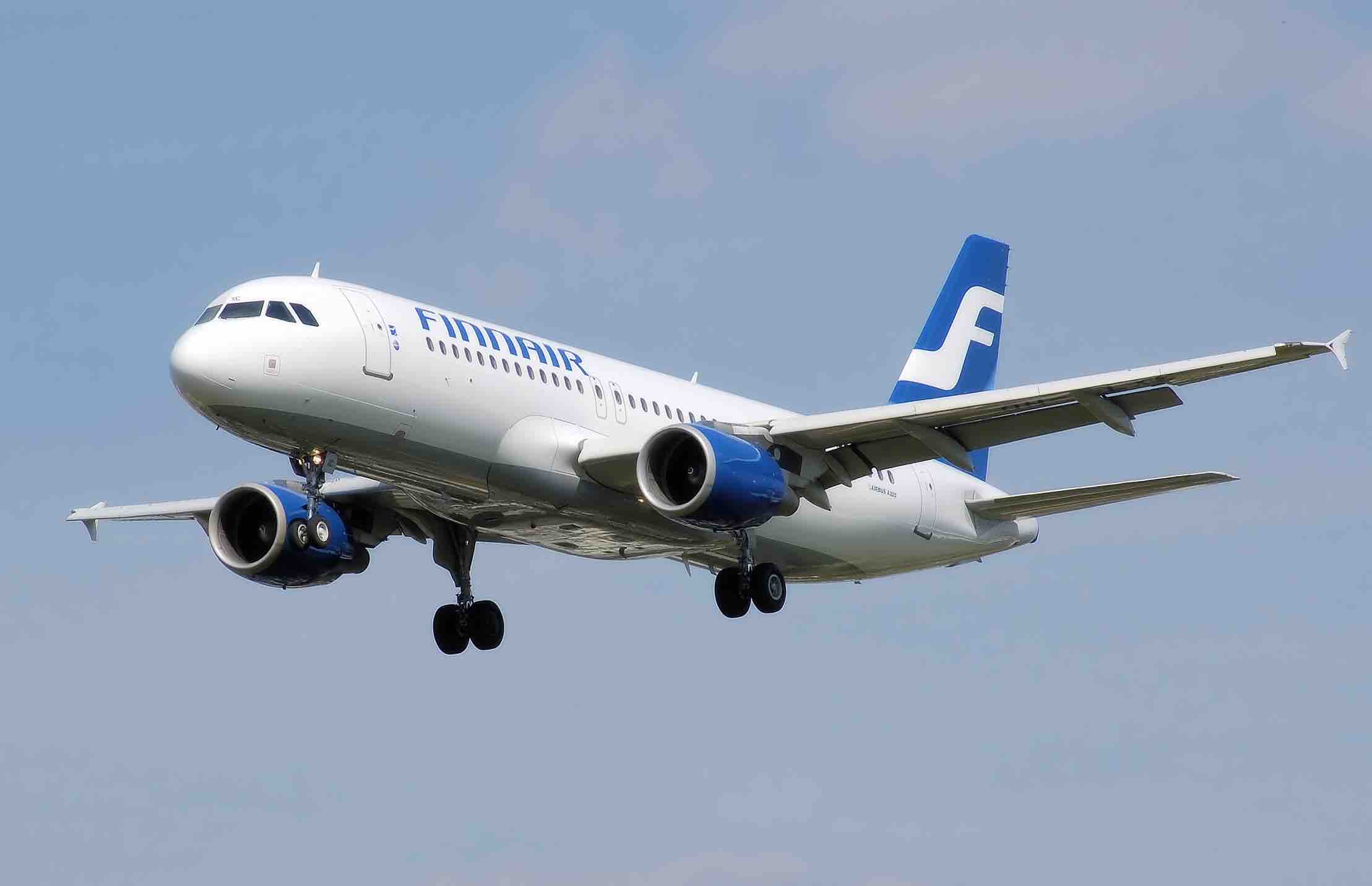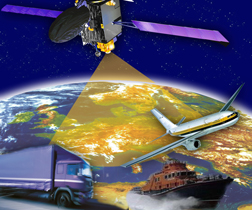Finnair, the sole international airline operating flights to Tartu, Estonia, has announced a temporary suspension of its daily service to the city from April 29 to May 31. This decision is in response to ongoing GNSS interference issues that have recently caused disruptions, including two instances last week where flights had to return to Helsinki.
The current approach methods at Tartu Airport rely heavily on GNSS signals, which have been frequently disrupted in the area. To address this, Finnair plans to use the one-month suspension period to develop and implement alternative navigation methods at Tartu Airport that do not depend on GNSS. This move aims to enhance the safety and reliability of operations, preventing similar incidents in the future.
Jari Paajanen, Finnair’s Director of Operations, emphasized the airline’s commitment to safety, stating, “Flight safety is always our top priority, and as the approach to Tartu currently requires a GPS signal, we cannot fly there in the event of GPS interference.” He also noted that while Finnair’s aircraft are equipped with systems to detect GPS interference and have alternative navigation systems, the unique challenges at Tartu necessitate specific solutions.
Affected customers will be contacted by Finnair with a cancellation notice and will be offered further guidance on their travel options via text message and email.
This suspension highlights a broader issue of increasing GPS interference, which has been a growing concern since 2022, particularly affecting areas near Kaliningrad, the Black Sea, the Caspian Sea, and the Eastern Mediterranean (see Inside GNSS recent cover feature on GNSS jamming in Eastern Europe). However, according to Paajanen, such interference typically does not impact overall flight safety due to the pilots’ awareness and the availability of alternative navigation systems.






